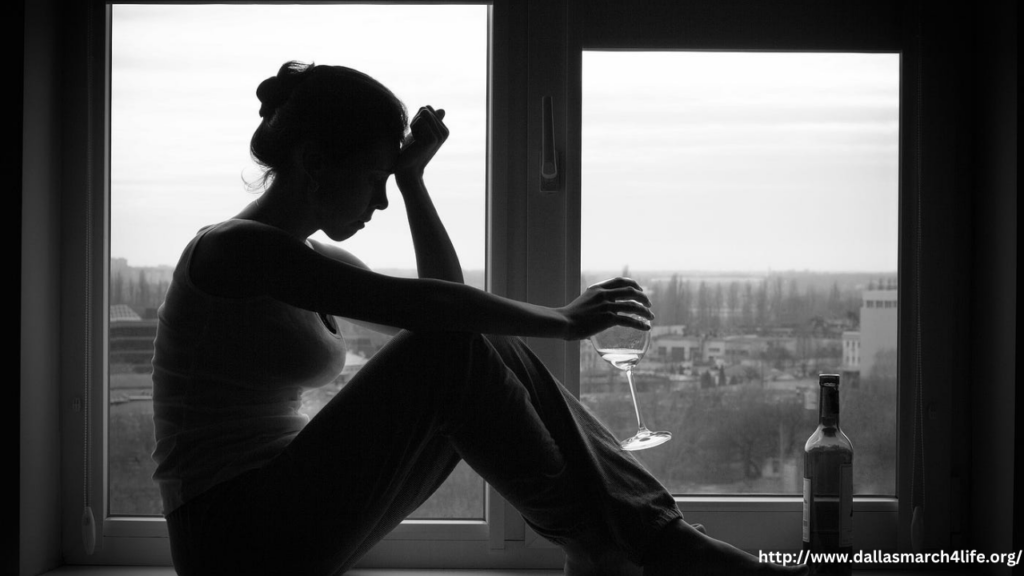
The connection between abortion and depression is a widely debated topic, with various studies offering different perspectives. While some argue that abortion leads to significant mental health challenges, others suggest that pre-existing factors and societal stigma play a more substantial role in determining emotional outcomes. Understanding the research on this topic is essential for providing accurate information and supporting those who may be struggling with their decision.
The Debate Over Abortion and Mental Health
For decades, researchers have examined whether abortion directly leads to depression. Some studies suggest that women who undergo an abortion are at higher risk for mental health issues, while others indicate that factors such as prior mental health conditions, lack of support, and personal beliefs are stronger determinants of psychological well-being than the abortion itself.
A landmark study published by the American Psychological Association (APA) found no conclusive evidence that abortion directly causes depression or other mental health disorders. The study emphasized that a woman’s emotional response to abortion is influenced by individual circumstances rather than the procedure itself.
Factors That Influence Mental Health After Abortion
Rather than abortion being a direct cause of depression, several underlying factors contribute to how a person processes the experience:
- Pre-Existing Mental Health Conditions – Women with a history of depression or anxiety may be more likely to experience emotional distress after an abortion.
- Social Support – Having supportive family and friends can help women navigate the emotional aftermath of an abortion, while a lack of support can lead to increased feelings of isolation and sadness.
- Personal and Cultural Beliefs – Women who strongly oppose abortion due to religious or personal beliefs may be more likely to experience guilt or regret.
- Circumstances Surrounding the Pregnancy – Unplanned pregnancies that result from coercion, abuse, or other stressful situations can contribute to complex emotional responses, regardless of whether a woman chooses abortion or continues the pregnancy.
- Societal Stigma – In communities where abortion is highly stigmatized, women may feel judged or shamed, leading to increased stress and anxiety.
The Role of Stigma in Mental Health Outcomes
One of the significant contributors to post-abortion distress is societal stigma. Women who feel judged or ostracized due to their decision may struggle more with emotional difficulties. Research suggests that in environments where abortion is accepted as a medical and personal decision, women tend to experience lower levels of depression compared to those in highly conservative or religious communities where abortion is condemned.
Seeking Support After an Abortion
For those who experience emotional distress after an abortion, seeking mental health support can be beneficial. Therapy, counseling, and support groups provide safe spaces to discuss feelings and cope with any psychological challenges. A compassionate, non-judgmental approach to abortion-related mental health care is crucial in ensuring that individuals receive the support they need.
Conclusion
The idea that abortion directly leads to depression is not supported by conclusive scientific evidence. Instead, various personal and societal factors influence emotional outcomes. Ensuring access to mental health resources and reducing societal stigma can help women navigate their post-abortion emotions in a healthier and more supportive way.